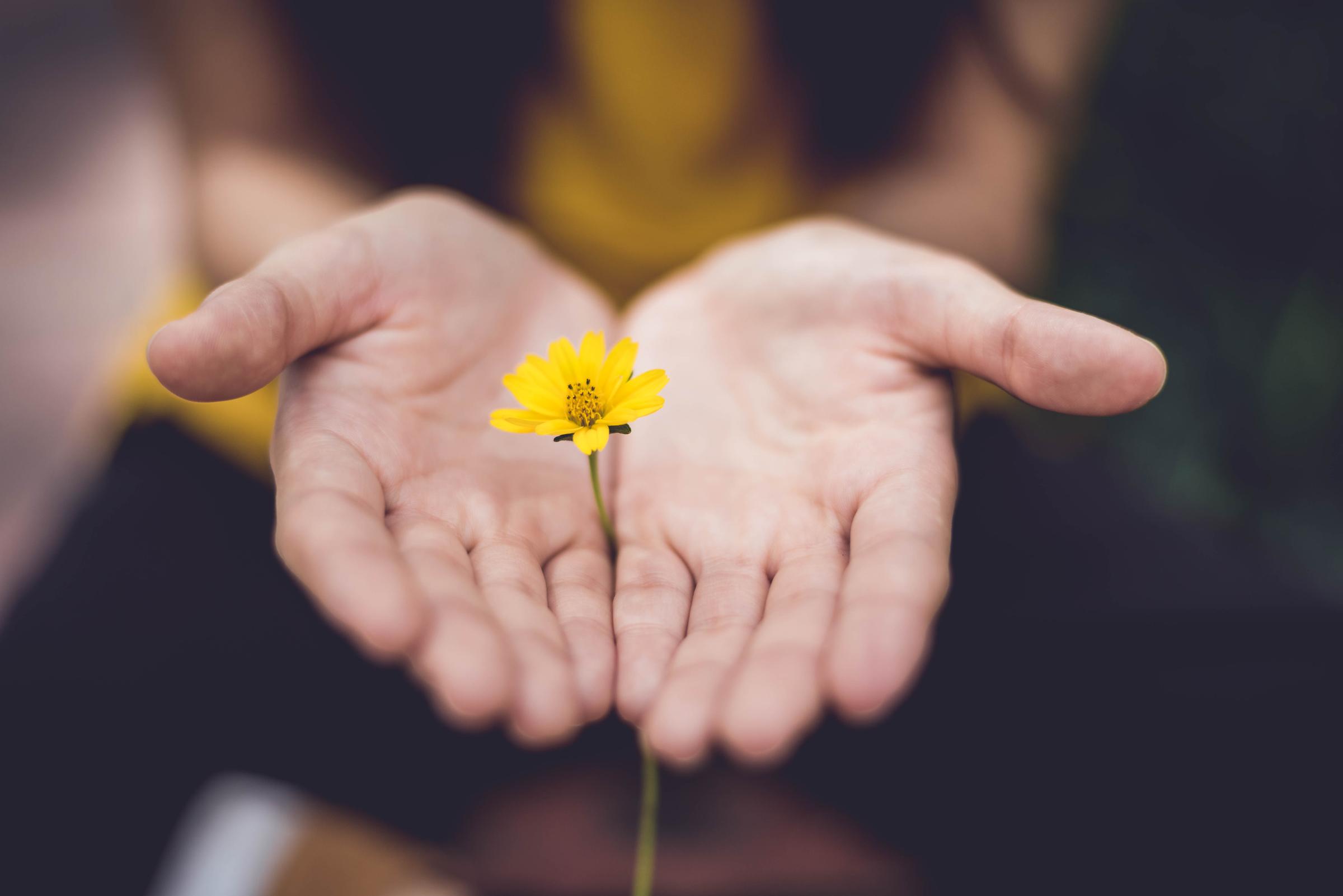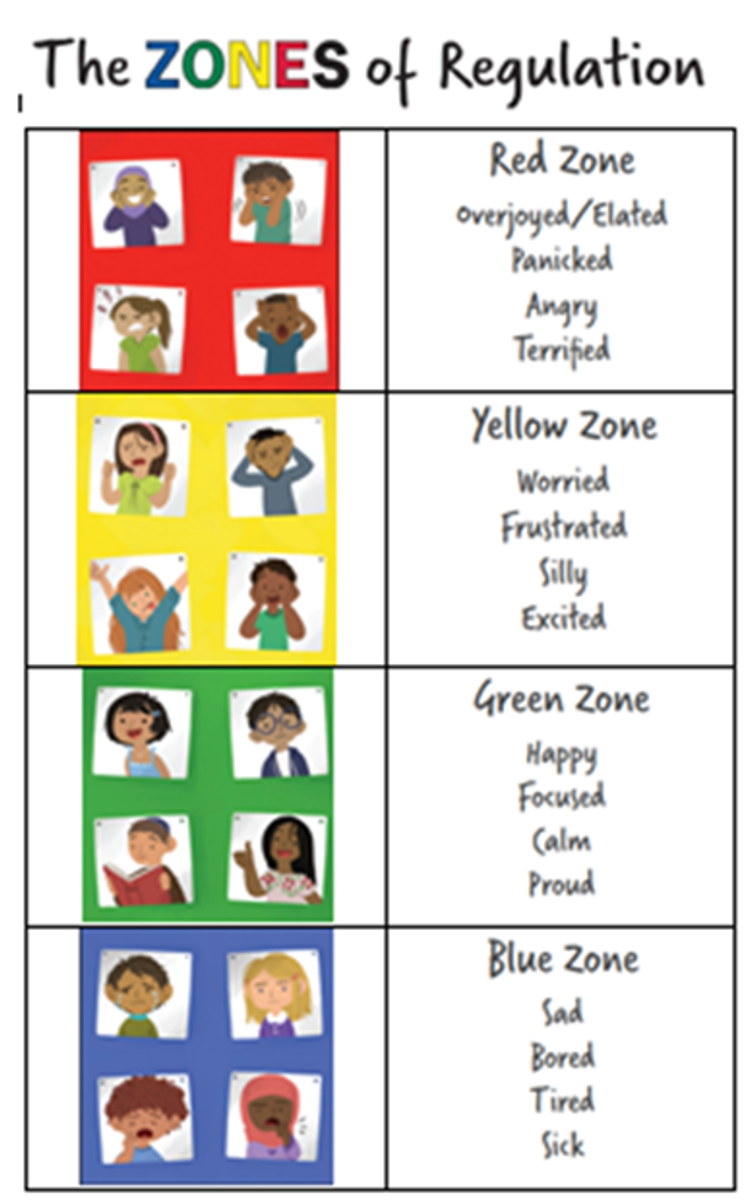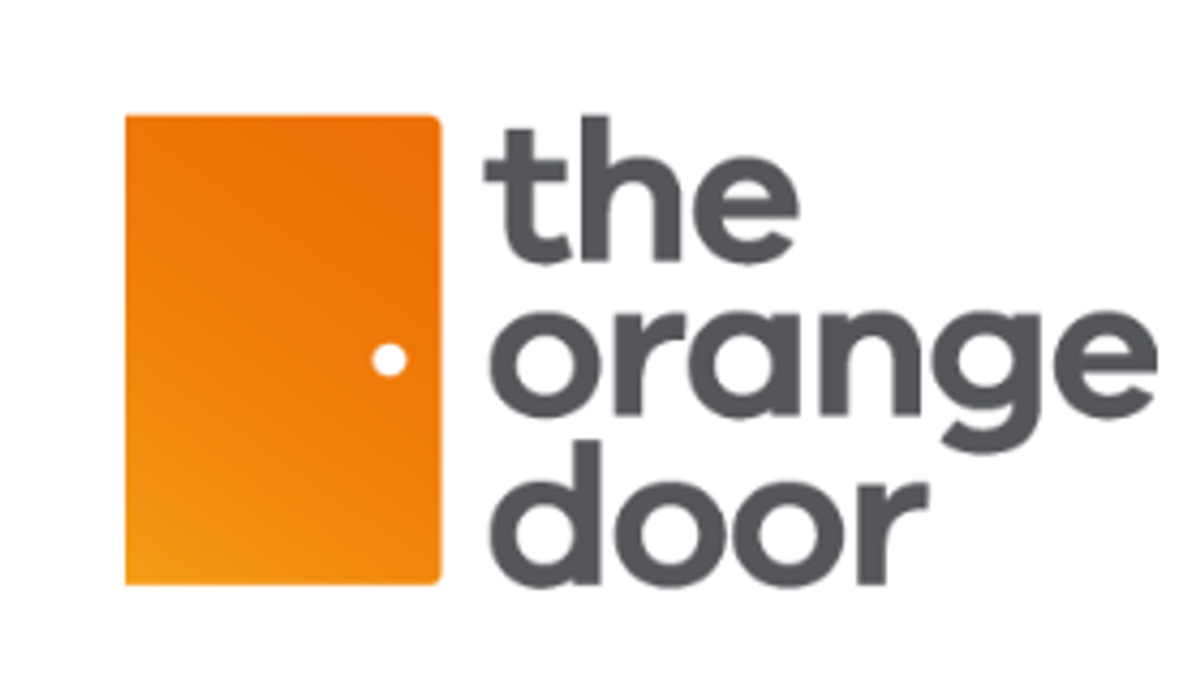Wellbeing and Inclusion
Mrs Courtney Hoffmann - Assistant Principal

Wellbeing and Inclusion
Mrs Courtney Hoffmann - Assistant Principal
Dear Karoo Community,
What another exciting fortnight that we have had at Karoo PS! So many wonderful experiences and learning opportunities that have occurred and I have no doubt there are many more to come before the end of the Term.
At Karoo PS, we continue to have a strong focus on supporting the development of the whole child, knowing that nurturing a child's social and emotional wellbeing, in turn supports their ability to engage in their academic learning. As a result, in every class, every day each student engages in Circle Time, reflects on their Zone of Regulation and strategies to support them in each of the zones. Every week, students also engage in Wellbeing lessons, which focus on a range of developmentally targeted learning opportunities and our staff utilise the RRRR curriculum to support students in their social and emotional learning.
Respectful Relationships takes a whole-school approach and recognises that schools are places of learning and a key part of local communities. It embeds a culture of respect and equity across our entire school community, from our classrooms to our staffrooms, sporting fields, social media and social events.
As part of Respectful Relationships, throughout the school year, all students across our school engage in learning through the 8 units of the RRRR curriculum. In term 1, our students will be participating lessons focusing on Unit 1: Emotional Literacy.
Emotional literacy is described as the ability to understand ourselves and other people. This includes the ability to understand, express and manage our own emotions, build empathy and to respond appropriately to the emotions of others. The students focus on building their emotional vocabulary which helps increase emotional literacy, self awareness and empathy for others.
Zones of Regulation
At Karoo PS we support students to develop a greater understanding of their emotions and to regulate their emotions by utilising the Zones of Regulation framework. The Zones of Regulation (Kuypers, 2011) is a framework to develop self-regulation and emotional control. It is a systematic and cognitive behaviour approach that categorises our emotions and states of alertness that we experience into four zones; The blue, green, yellow and red zone. Optimal learning occurs in the Green Zone. However, there are different emotions that are experienced with the four different zones. The diagram below lists the common emotions that can be experienced in the different zones.


It is important to remember that there is no 'right' zone and that all emotions are valid. When learning about the Zones, the focus is on what do we do when we are in the different zones to support us to learn and engage with the world effectively. Utlising the Zones of Regulation provides our students with learning opportunities to increase their repertoire of emotional language and strategies which they can then use to support themselves when they are experiencing different feelings.
Strategies to help children recognise and regulate their emotions?
If you would like further information regarding the Zones of Regulation or strategies to use at home to support your child's learning around understanding feelings and Zones of Regulation, please don't hesitate to contact the school and your child's teacher.
Karoo Primary School is a child safe organisation which welcomes all children, young people and their families. We are committed to providing environments where our students are safe and feel safe, where their participation is valued, their views respected, and their voices are heard about decisions that affect their lives.


Our child safe policies, strategies and practices are inclusive of the needs of all children and students. We have no tolerance for child abuse and take proactive steps to identify and manage any risks of harm to students in our school environments. We promote positive relationships between students and adults and between students and their peers. These relationships are based on trust and respect. We take proactive steps to identify and manage any risk of harm to students in our school environment.
When child safety concerns are raised or identified, we treat these seriously and respond promptly and thoroughly. Particular attention is given to the child safety needs of Aboriginal students, those from culturally and linguistically diverse backgrounds, international students, students with disabilities, those unable to live at home, and any students experiencing risk or vulnerability.
Child safety is a shared responsibility. Every person involved in our school has an important role in promoting child safety and wellbeing and promptly raising any issues or concerns about a child’s safety.
Our 2024 Wellbeing groups will commence in next week and there are many excited students who can't wait to take part. In our Wellbeing groups our students have the opportunity to learn further about key skills and strategies to support them in their social and emotional development, as well as build relationships with more members of our school community. These groups are facilitated by our sensational Educational Support Staff, who have been trained by a counsellor, and run for approximately 10 weeks. During this time, students learn about key skills and strategies, in a safe and supportive small group environment.
At Karoo PS, we offer four wellbeing groups:
If you believe that a wellbeing group would support your child in their development, please don't hesitate to talk to your child's classroom teacher about the opportunities that we have at Karoo PS.
In our lives we often have situations that arise in which we may need further support. In these situations it is important to remember that reaching out for support when you need it, is a sign of strength. If you or someone that you know may be feeling like they need to talk to someone about further, our school can provide you with connections to key organisations. One key organisation that we often refer to is called 'The Orange Door.' The purpose of 'The Orange Door' organisation is to listen to you and help connect you to the supports that you may need. You can visit them face to face, call over the phone or email.
For further information please use the link below to 'The Orange Doors' website or come speak to myself or your child's teacher.
Orange Door Website: https://www.orangedoor.vic.gov.au/


I hope that you all have a wonderful fortnight and I look forward to seeing everyone around our amazing school!
Kind Regards,
Courtney Hoffmann

